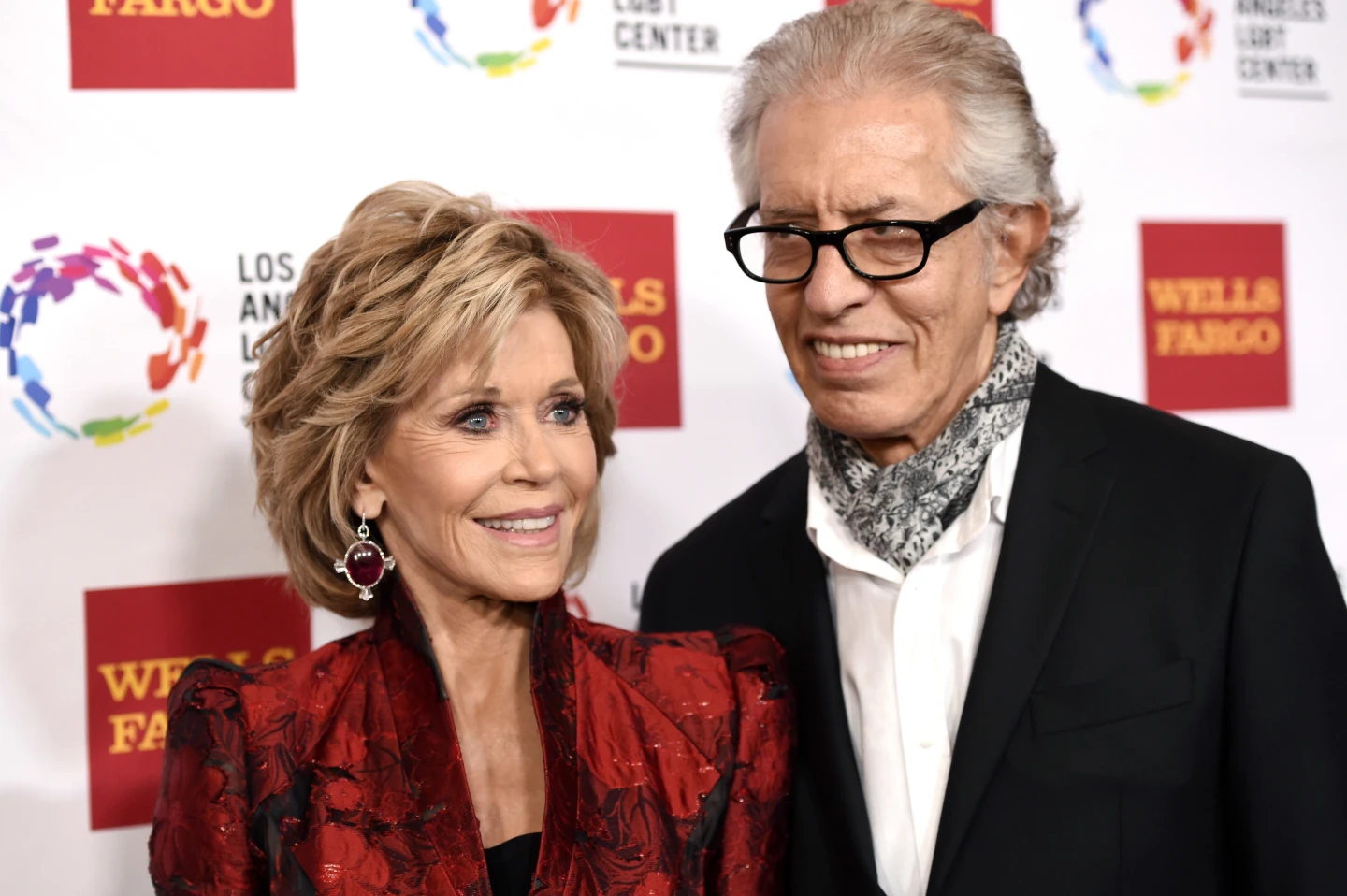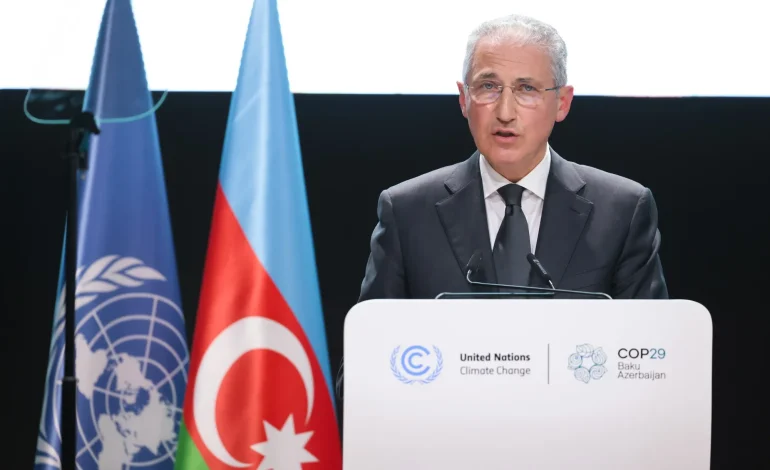Negotiations at the COP29 climate summit in Baku are entering a critical phase, with nearly 200 nations locked in a bitter dispute over climate finance for developing economies, Bloomberg reports.
A yawning gap remains between proposed annual funding targets, ranging from a meager $200 billion to an ambitious $1.3 trillion. As the summit enters its final days, a draft agreement is expected early Thursday morning, setting the stage for potentially all-night negotiations.
The core disagreement centers on the size and nature of financial commitments. Developed nations, facing budgetary constraints, are pushing for significant contributions from multilateral development banks and the private sector, often in the form of loans rather than grants. This has sparked outrage among developing countries, who argue that such loans will only exacerbate unsustainable debt burdens. They maintain that trillions of dollars are necessary for a just energy transition.
The current funding agreement, expiring next year, is due for replacement with a “new collective quantified goal.” Developed nations’ attempts to broaden the donor base, including encouraging contributions from countries like China, have been met with resistance. China, while acknowledging its significant economic growth and offering voluntary contributions of $24 billion since 2016, maintains its status as a developing nation and argues against mandatory contributions.
A breakthrough on the first day saw agreement on the rules for a UN-administered global carbon market (Article 6.4), potentially providing a new source of climate finance. Furthermore, the Glasgow Financial Alliance for Net Zero (GFANZ) projects private sector investment could reach $1 trillion annually by 2030. Irish Environment Minister Eamon Ryan suggests that combining these various streams could potentially reach the $1.3 trillion target, although he acknowledges the complexities of the accounting.
However, deep skepticism remains. Developing nations warn that relying on vague sources like private investment and loans with standard interest rates could render a trillion-dollar headline figure meaningless. One negotiator even accused the process of employing “sleight of hand accounting.”









